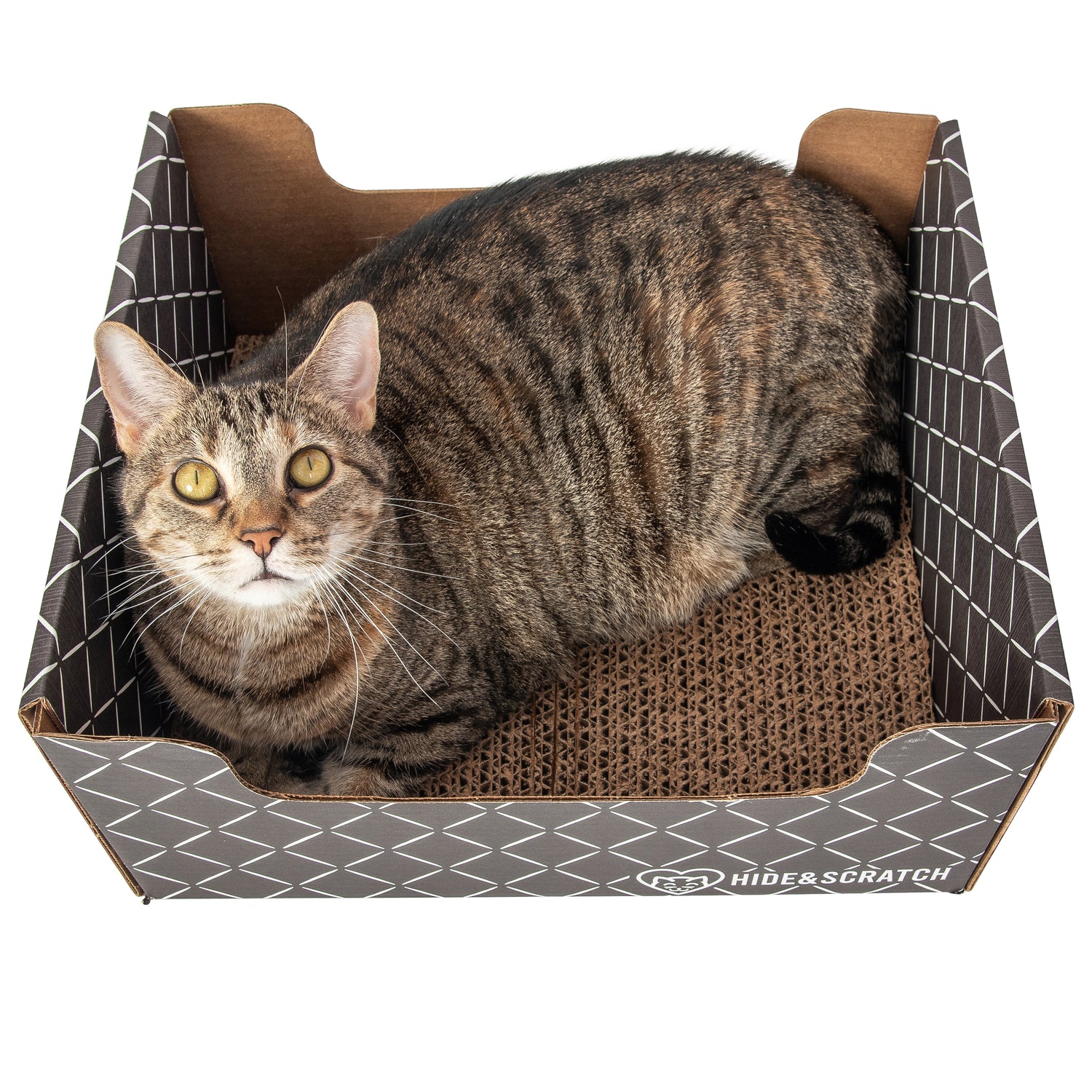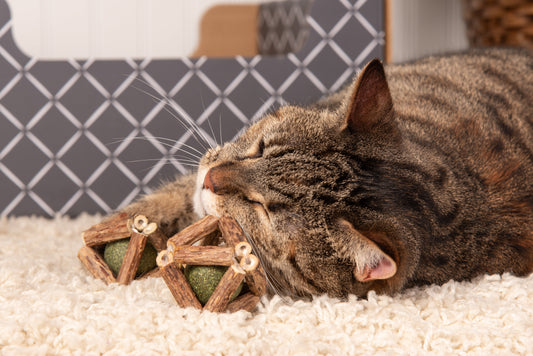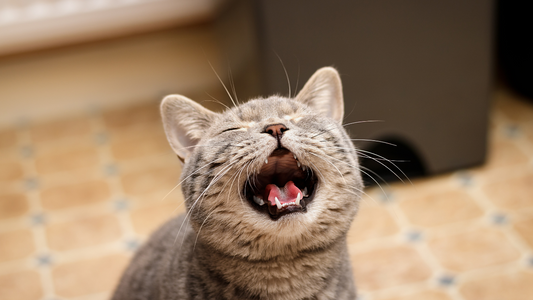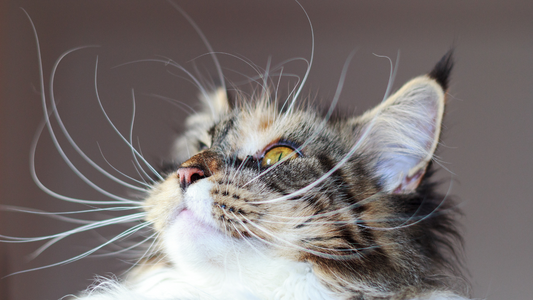Ever wondered why your cat is so chatty? Meowing is a cat’s way of talking to us—their favorite humans! But not all meows are created equal. From requesting dinner to saying “I missed you,” Every meow carries a unique meaning. In this blog, we’ll break down why cats meow, what different meows mean, why they might serenade you at night, and how you can respond like the purr-fect cat parent.
Why Do Cats Meow?
Unlike dogs, who bark at just about anything, cats reserve their vocal talents primarily for humans. Think of it as their special language to communicate with you. Cats meow for various reasons:
- Hunger: The classic “Feed me now” meow, often accompanied by dramatic pacing near their bowl.
- Attention: Whether they want cuddles, playtime, or simply your company, a cat’s meow can mean, “Hey, don’t ignore me!”
- Discomfort: If your cat is feeling under the weather, they may meow to let you know something’s up.
- Greeting: A friendly chirp or short meow is often their way of saying, “Welcome home!”
Each meow varies in tone and intensity, so paying attention can help you decode their unique kitty language.
Types of Meows and Their Meanings
Cats are vocal geniuses with an array of sounds to share. Here’s a breakdown:
- Soft Chirps or Trills
- These happy noises often mean, “Hi! Let’s hang out!”
- Loud Yowls
- A drawn-out meow can signal frustration, boredom, or even a desire to explore the great outdoors.
- Purring-Meow Combo
- This sweet sound is their way of asking for affection or letting you know they’re content.
- Excessive Meowing
- If your cat won’t stop meowing, they might be stressed, lonely, or in need of mental stimulation.
Pro Tip: If your cat’s meows seem out of the ordinary, a visit to the vet can rule out any health concerns.
Why Do Cats Meow at Night?
Does your cat become a karaoke star at night? Don’t worry—you’re not alone! Cats are crepuscular, meaning they’re most active at dawn and dusk. Nighttime meowing can mean:
- Restlessness: Your cat might have pent-up energy from lounging all day.
- Hunger: A midnight snack attack is a common culprit.
- Attention-Seeking: Some cats just want a companion during their nighttime adventures.
How to Help:
- Schedule interactive play sessions during the day to tire them out.
- Feed your cat their evening meal close to bedtime.
- Set up cozy spots for them to sleep, away from distractions.
How to Communicate With Your Cat
While cats can’t understand human speech, they’re experts at picking up on your tone and body language. Here’s how to strengthen your communication:
- Respond Consistently: Use similar tones or words when addressing your cat’s needs, like “Dinner time!” or “Goodnight!”
- Watch Their Body Language: Cats combine meows with tail flicks, ear positions, and more to get their point across.
- Stick to a Routine: Cats thrive on consistency, so regular feeding, playtime, and cuddles can reduce excessive meowing.
Conclusion: The Joy of Understanding Your Cat
So, why do cats meow so much? Because they love to connect with us! Each meow has a purpose, whether it’s asking for a treat, seeking comfort, or just saying, “You’re my favorite.” By paying attention to their vocal and non-vocal cues, you can build a deeper bond and better respond to their needs (and maybe enjoy quieter nights!).





